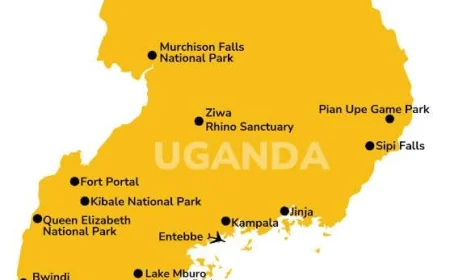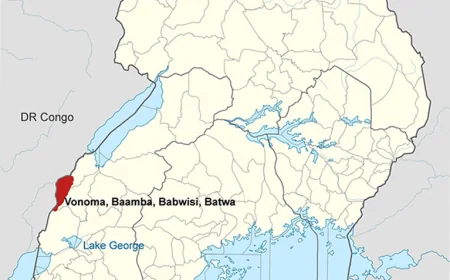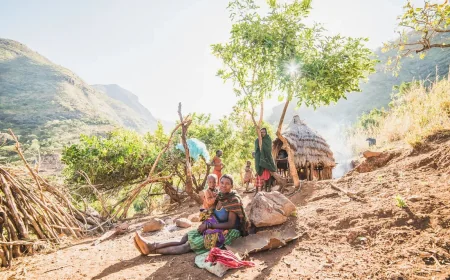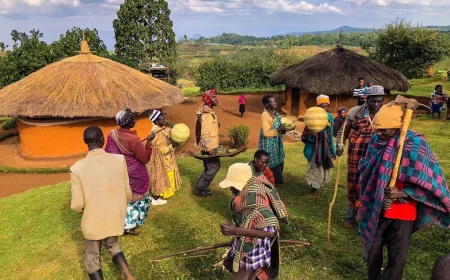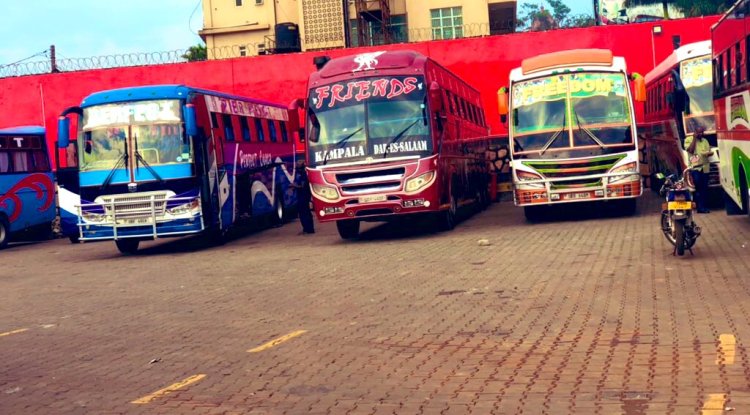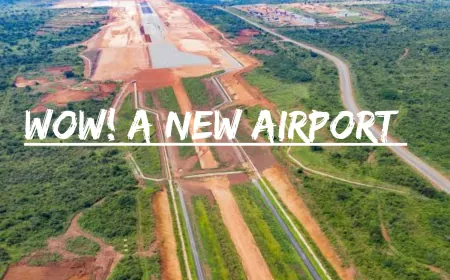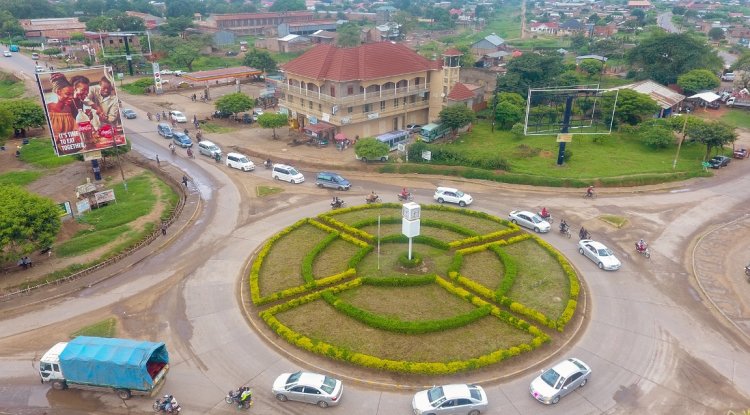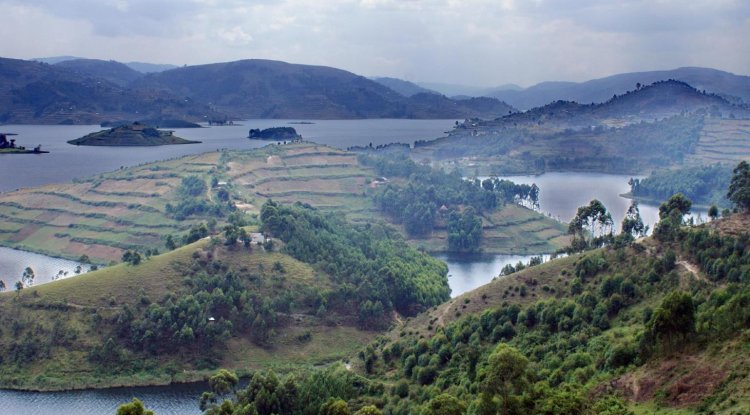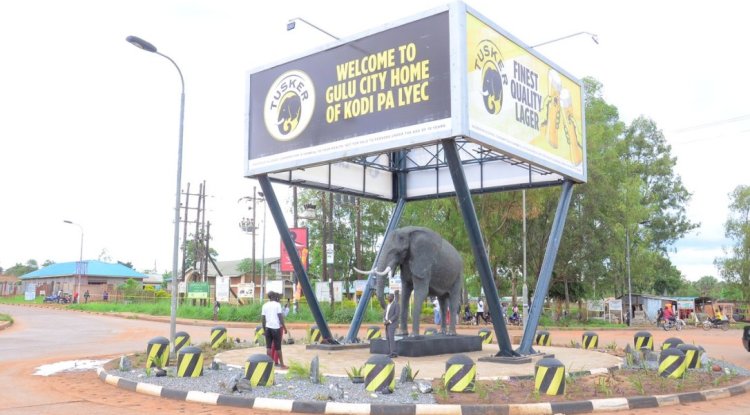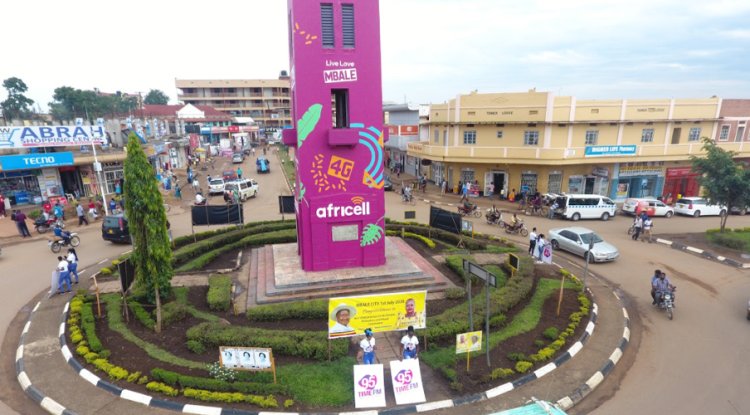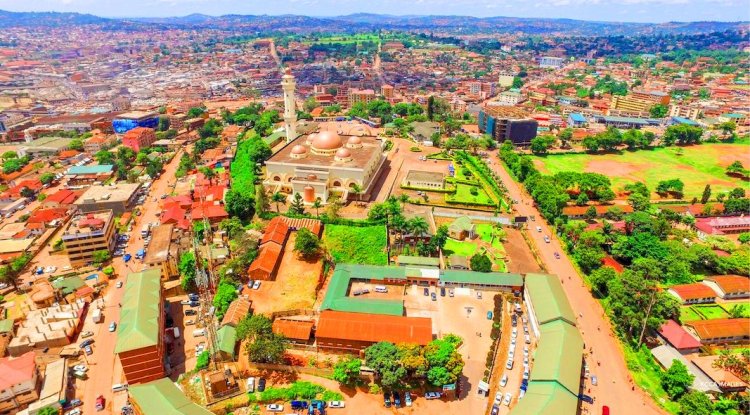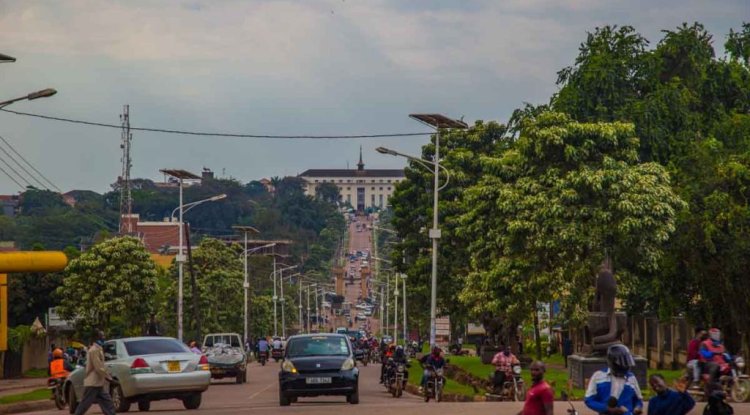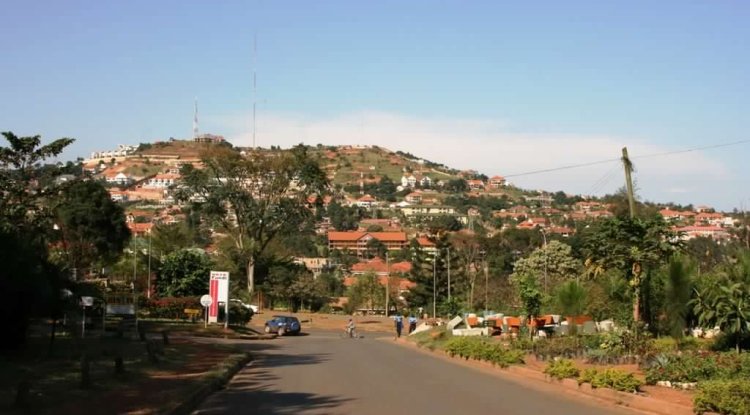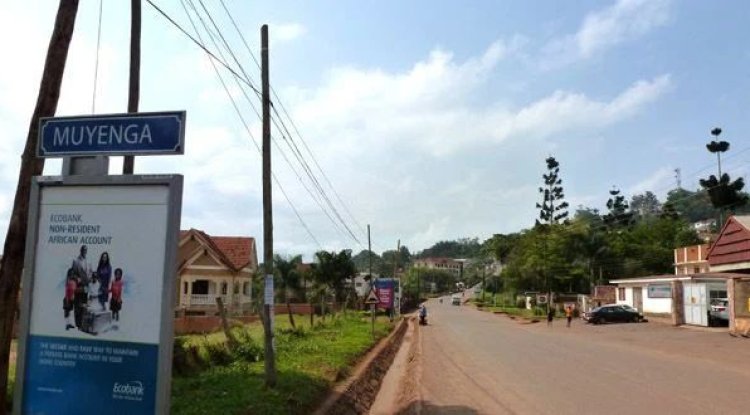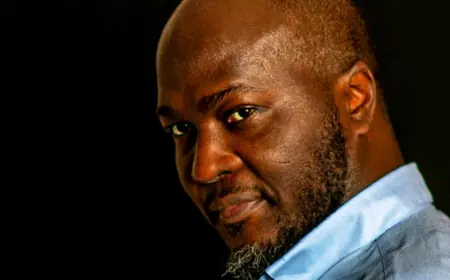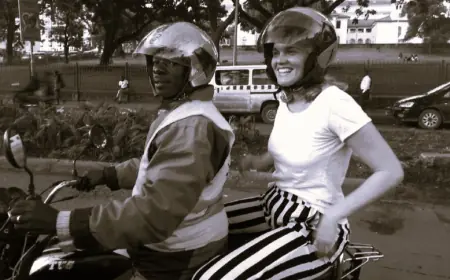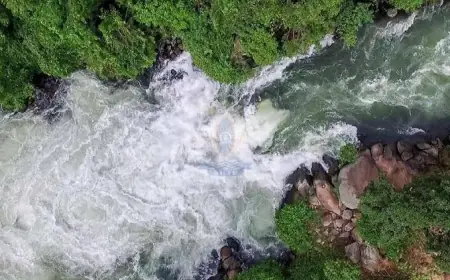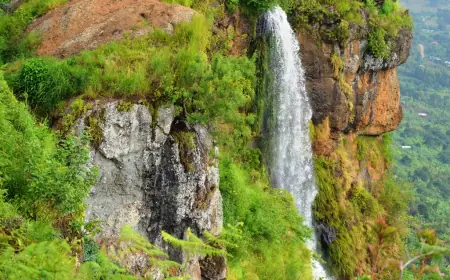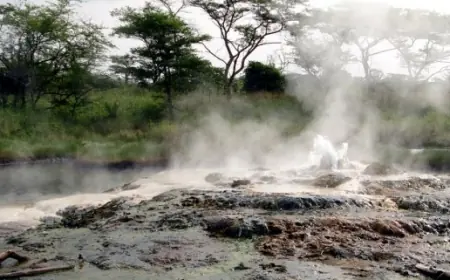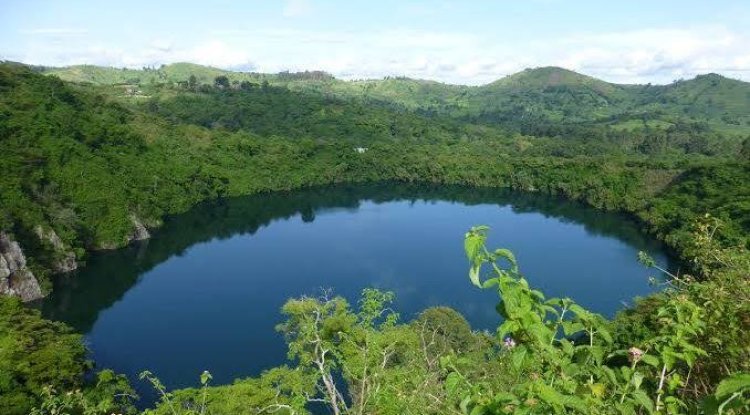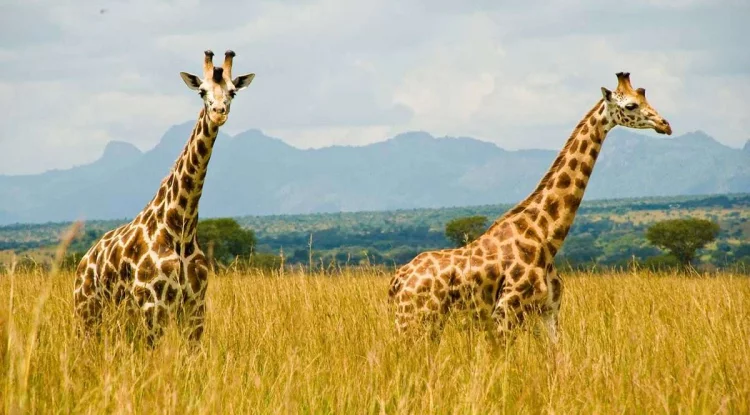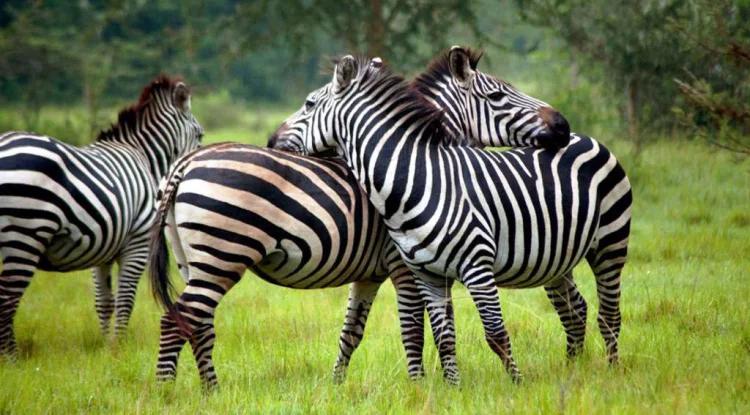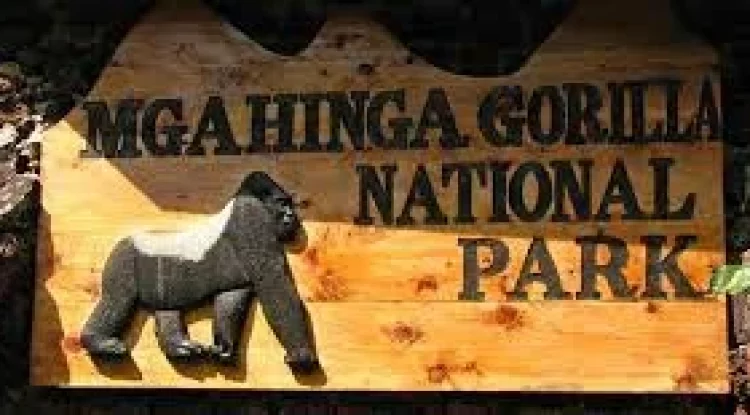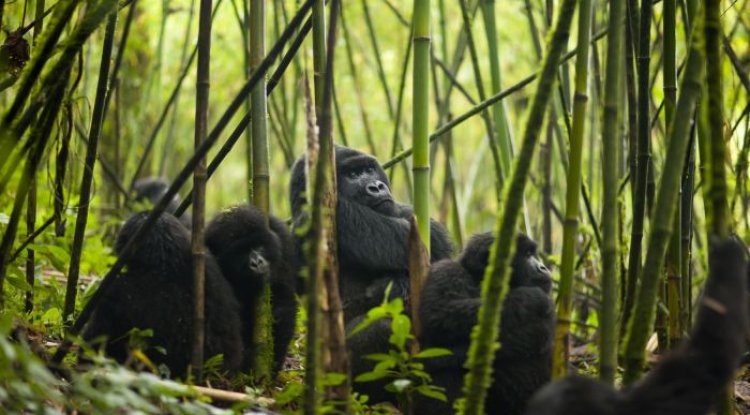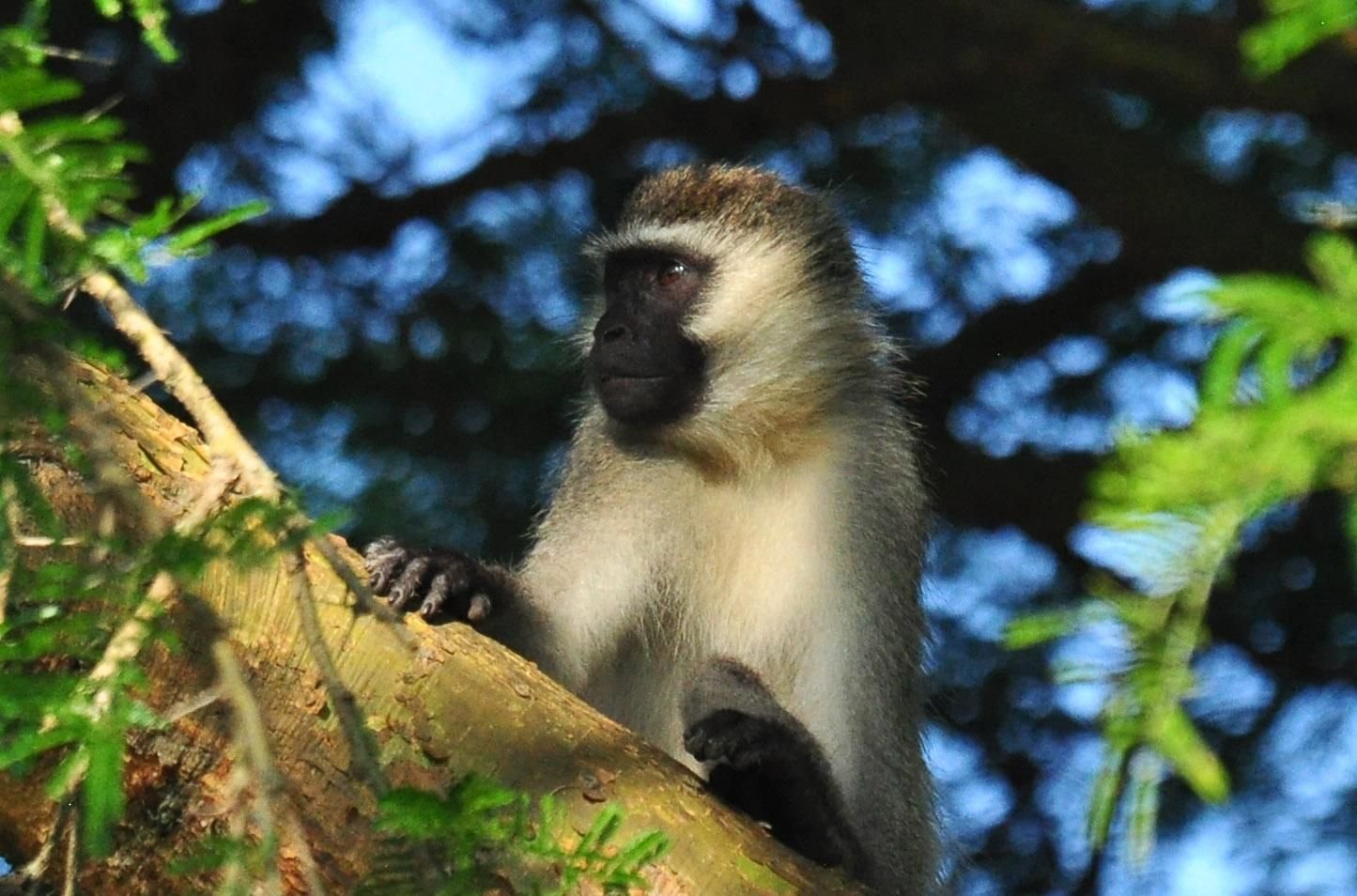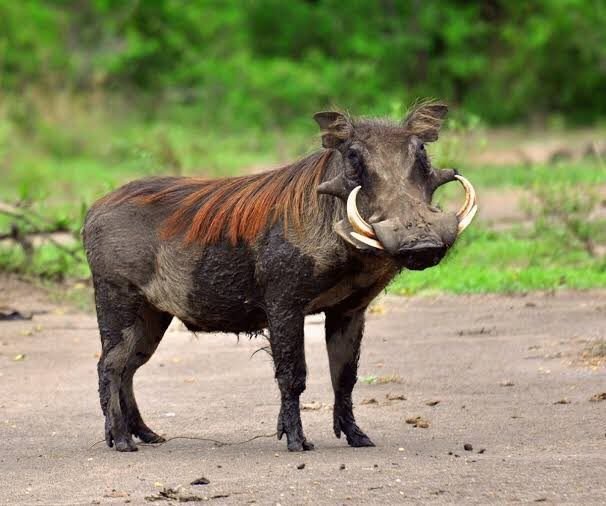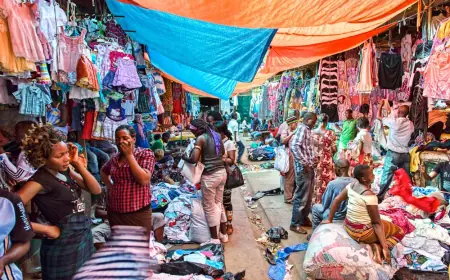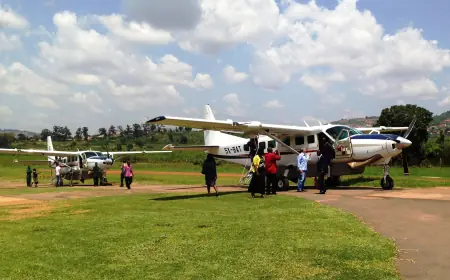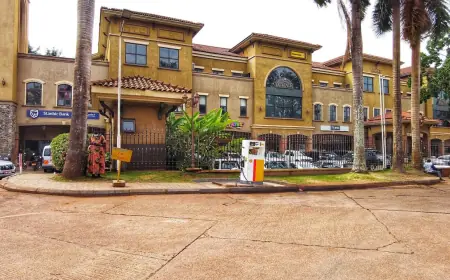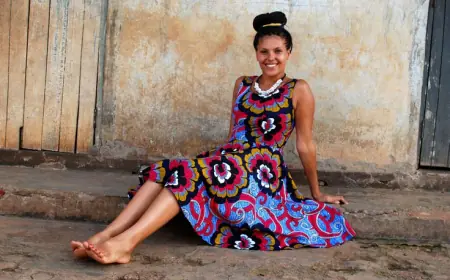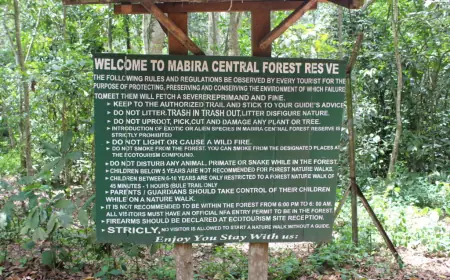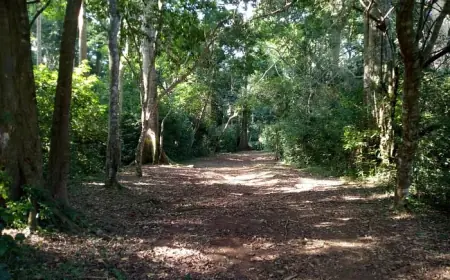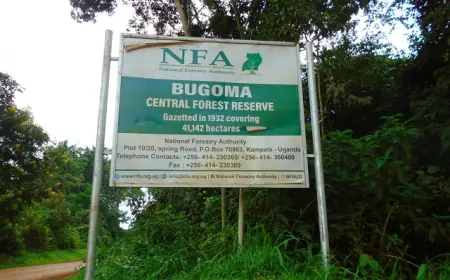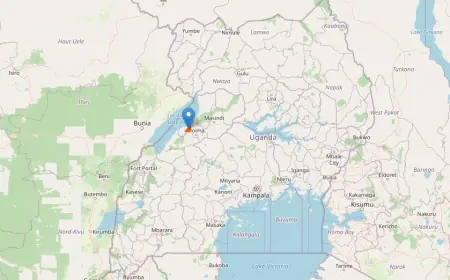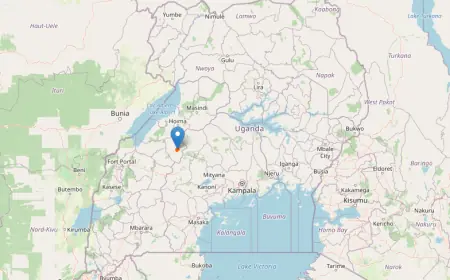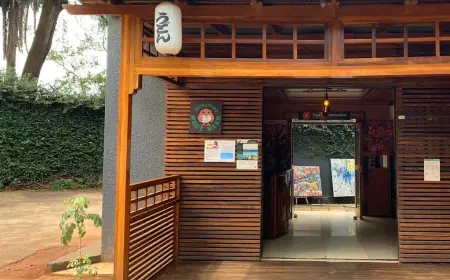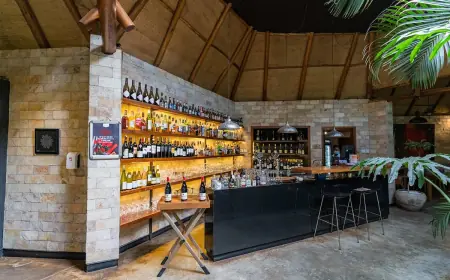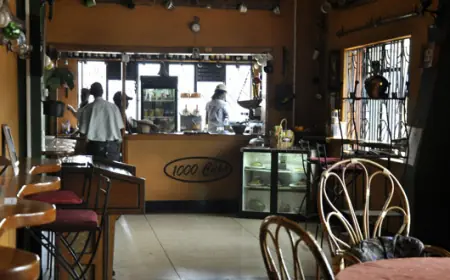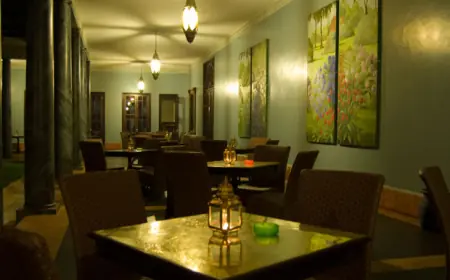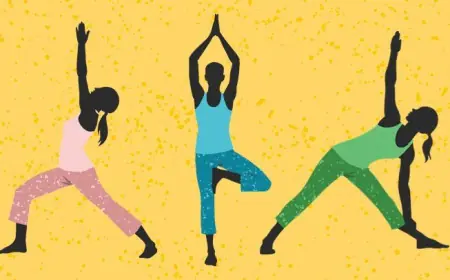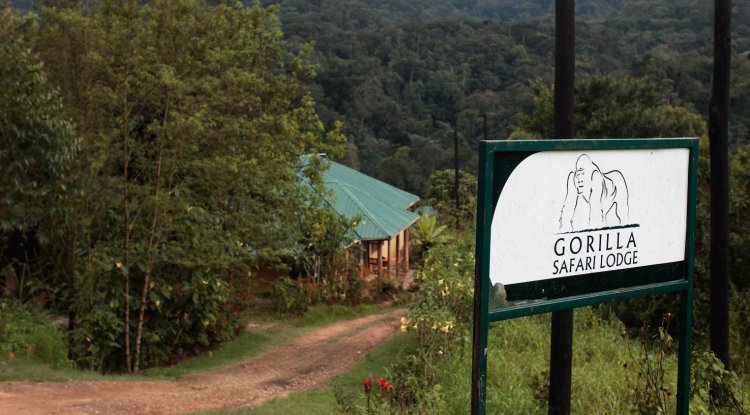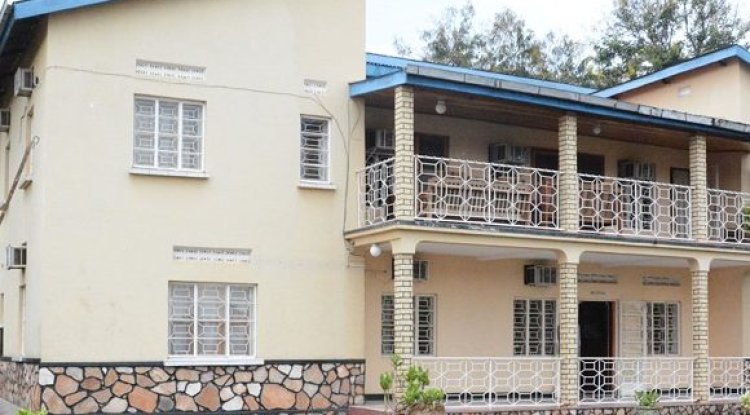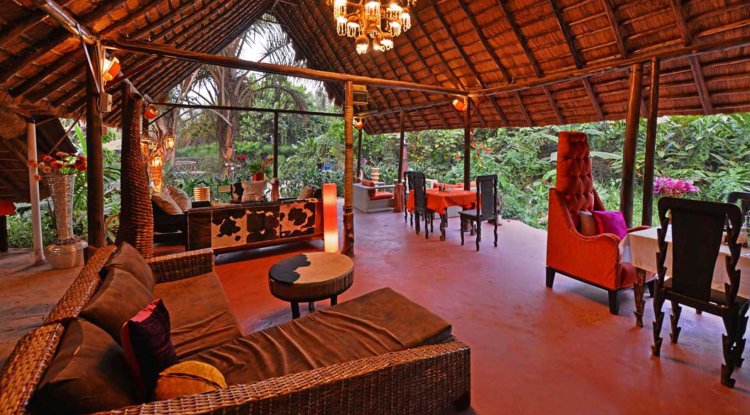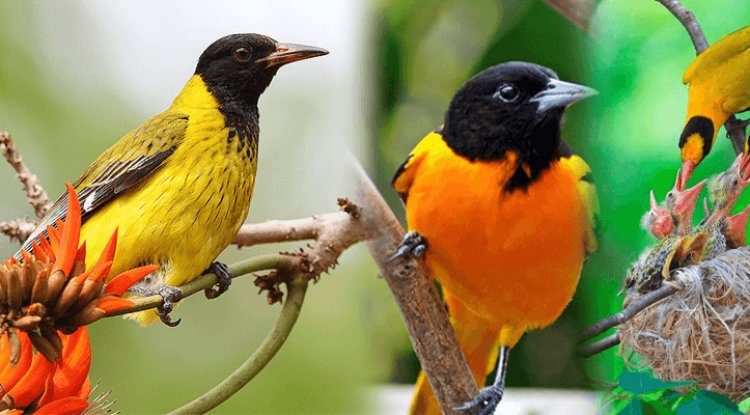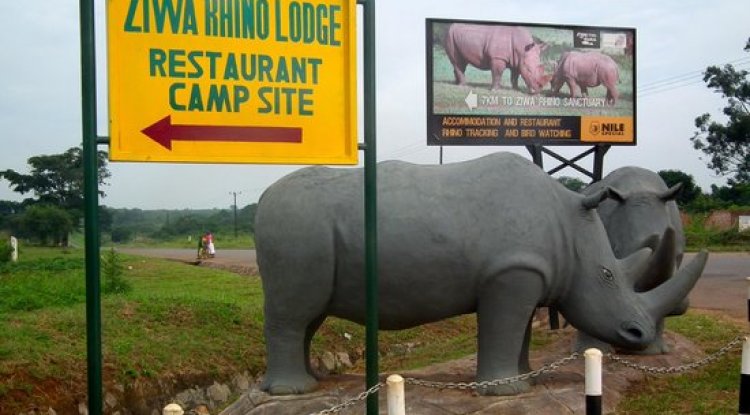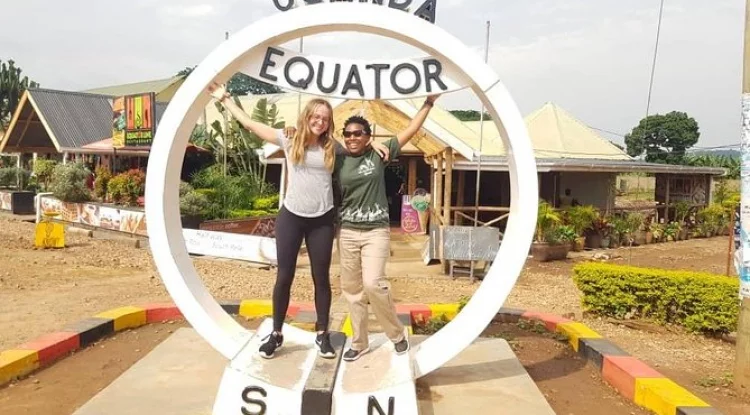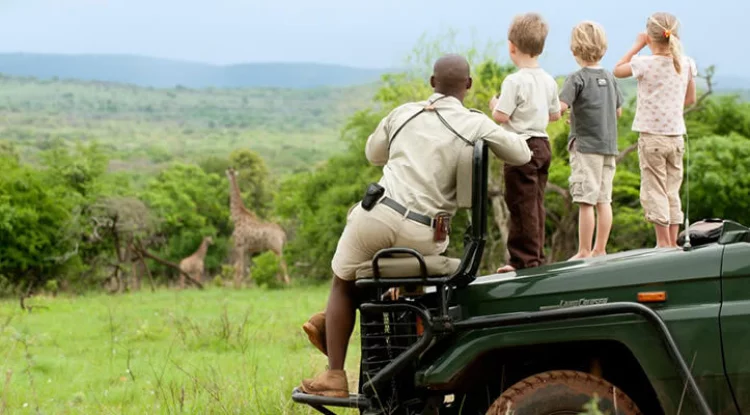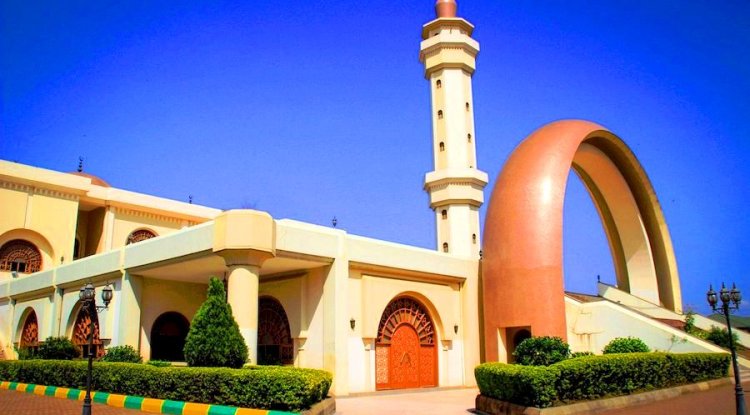What Can Uganda Tell Us at 59?
This week is her 59th birthday, and Uganda in all her independent glory, tells what’s life’s been like since 1962.
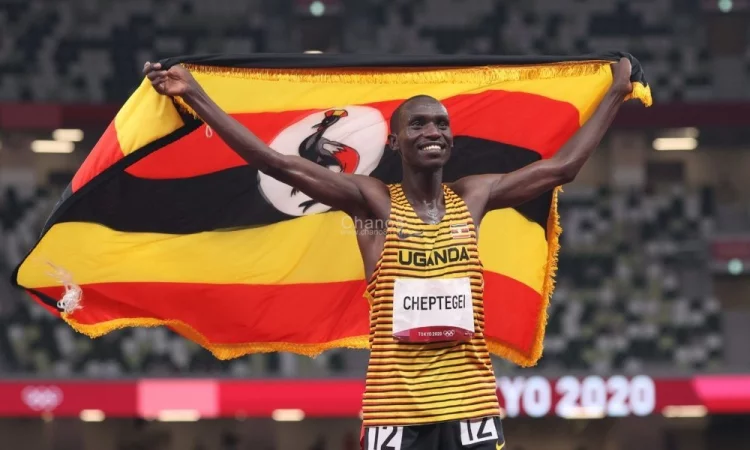
This week is her 59th birthday, and Uganda in all her independent glory, tells what’s life’s been like since 1962.
The beginning.
Uganda was born after a long and arduous labour by people who gave their very lives for the freedom of the nation, believing that their sacrifice mattered, if their sons and daughters were born free.
But to understand the importance of this part of the story, we have to read the prequel.
Before the Beginning.
Before boundaries were drawn around the edges of Uganda, there was no such thing as a country, nation or state. What there was was people. Lots and lots of people. These people lived in communities, and those in the same community had one language, one culture and more or less the exact same physical appearance. This constituted a tribe, which when it grew large enough, would subdivide into clans, extended family and then the nuclear. These people were independent, having settled in areas that served their best interests, whether that was agriculture, diary farming or just hunting and gathering. Tribes were very successful because they stayed together, protecting each other from other tribes, especially those whose main intention was to annihilate them and take over their territory.
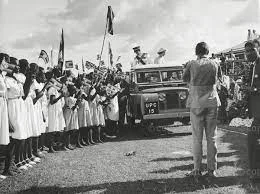
But in the 1840s something changed. Or rather, someone different came along. Someone whose physical appearance, fashion style and even manners were all new. To everyone. These people wore clothes made from cotton, long, cut and then sewn in a very interesting, not to mention meticulous way. And they were willing to share with these tribesmen their secret. This is how the slow and steady erosion of the will of the tribesmen to stay the same and do the same thing they had always done began.
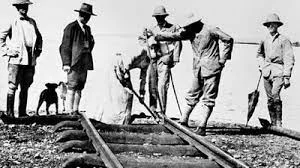
And then it escalated, and the tribesmen saw more different people, and having been through the process, they accepted them even faster. They learnt their language, they bought their clothes, they rode on their trains and before long, they gave them the very thing they had worked so hard to protect: themselves. Because change was gradual and the journey was long, and the friendship had deepened over many decades, these tribesmen did not see what the foreigners were trying to get. Until it was too late. And having taught them to read and write, they made them sign on the dotted papyrus, giving away their rights to use their resources, their land or even their language in public situations. They stood by and watched their new leaders draw invisible lines they could not cross without permission, and use their minerals to make tiny metal discs they could not access goods or services without. And they had to sit and write a long list of dos and donts, mostly donts, and mostly they had to agree to be called a general name with all the other tribes that were inside the invisible line: Ugandans.
The Real Beginning
If you have been raised in a household with strict rules, or been in a convent or military camp, then you know that the Ugandans were anything but happy. So they did the best thing they knew to do; they fought for their freedom. And, finally, in 1962, under the leadership of Ben Kiwanuka and Milton Obote, they won. They kept their name though, because now, it was a sign that together, they could be more, do more, have more than apart.

And that’s how Uganda, the land of Freedom, was born! Soon they would have a national emblem, flag, constitution and anthem, and they
The toddler years.
Establishing a good reputation is not easy, and a lot of the time you have to fight for your right to accept or reject aspects. And coming from a long history of tribes and tribal wars, these wars continued, until in 1967 Obote abolished all kingdoms, and assumed all powers.
The teenage years.
Part of becoming a teenager is making some very bad decisions, or rather, letting some very bad decisions make you. What decision? Idi Amin. At first he was celebrated, like a messiah, a saviour. But that celebration only lasted until he was seen for what he really was. He was the Hitler, the Herod and the Pharaoh, all rolled into one very merciless, very heartless human being. He believed that even though Uganda was more advanced, the best way to develop even further, was to remove everyone who was not born within the invisible line. Unfortunately for Uganda, the people he was sending away were the only people making any significant economic contribution, as these were the people who had convinced Ugandans more than a century before to sell their resources to them. They clearly knew what they were doing, but Amin did not. And when they left, so did the country’s money, and this led to the worst eight years of Uganda’s life, made only worse by the fact that he now carried mass killings on the very Ugandans he came to free; over 250,000 of them. But no situation is permanent, and soon another group of selfless Ugandans would fight for the freedom of the nation, and because good always wins, in 1979, Amin fled.
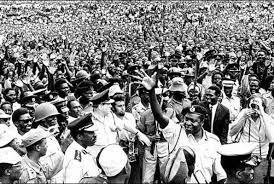
Adulthood
Even as an adult, Uganda still found herself haunted by the mistakes she made earlier in life, when Milton Obote, who had been overthrown by Amin made his great return. Only this time, he was extremely bitter, at both the devastation left by Amin, and the looming rebels under Yoweri Kaguta Museveni who threatened to overthrow him again. He killed twice as many people as Amin to prevent this from happening. An estimated 500,000 Ugandans lost their lives in just 5 years of Obote's reign. The economy was shattered and so was the people's faith in government. But on 27th July 1985 his own tribesmen Bazilio Olara-Okello, and Tito Okello banished him to Zambia. Tito Okello then became the president, but still had his reservations about the rebel army, even though they were trying to help, even conducting negotiations for a ceasefire. The killings continued, and when peace failed, Museveni and his rebel forces applied just that; force. On 26th January 1986, Okello and his forces were forced to present day South Sudan, and the war was finally over. Under the presidency of Museveni, Uganda was rebuilt from its own ruins.

Museveni restored the traditional kings, including the king of Buganda, invited back all the foreigners who wanted to trade here, fought and won the war against Cult leader Kony, established Universal Primary Education and has just won his 6th presidential term election. We are still independent, having gone through a cacophony of civil wars, a variety of deadly diseases, a dark and miserable era under tyranny, and a just recently, a global pandemic, and so many Olympic medals. Our education which was once imparted under the mahogany, is now internationally recognised as the best, our economy is thriving, and the national culture we have cultivated over the last six decades is still our biggest unique selling proposition. We may not make flying cars. Yet. But we do make the best rolex in the world. and we shall continue to stay grow, because just like the climb to the top of the Rwenzori, the higher we go, the cooler we are.
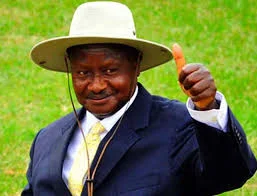
What's Your Reaction?
 Like
0
Like
0
 Dislike
0
Dislike
0
 Love
0
Love
0
 Funny
0
Funny
0
 Angry
0
Angry
0
 Sad
0
Sad
0
 Wow
0
Wow
0
